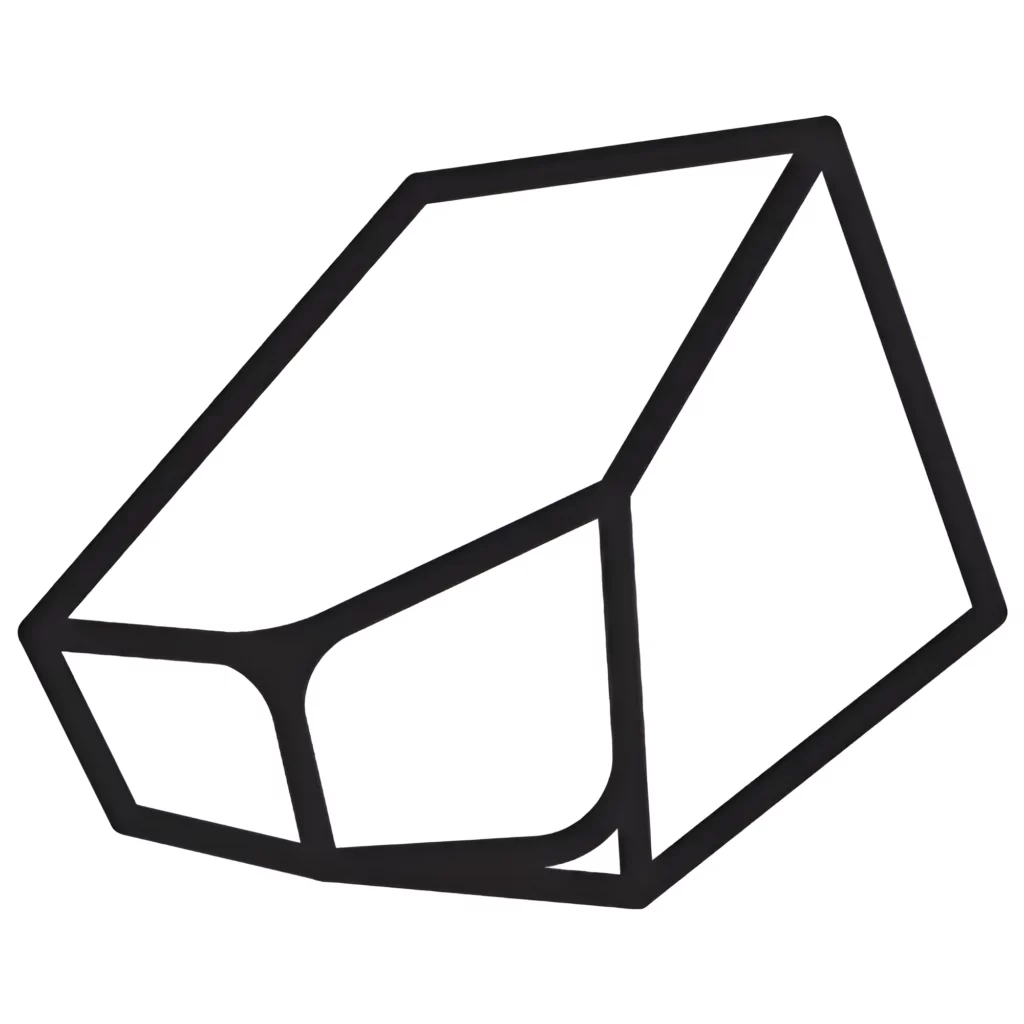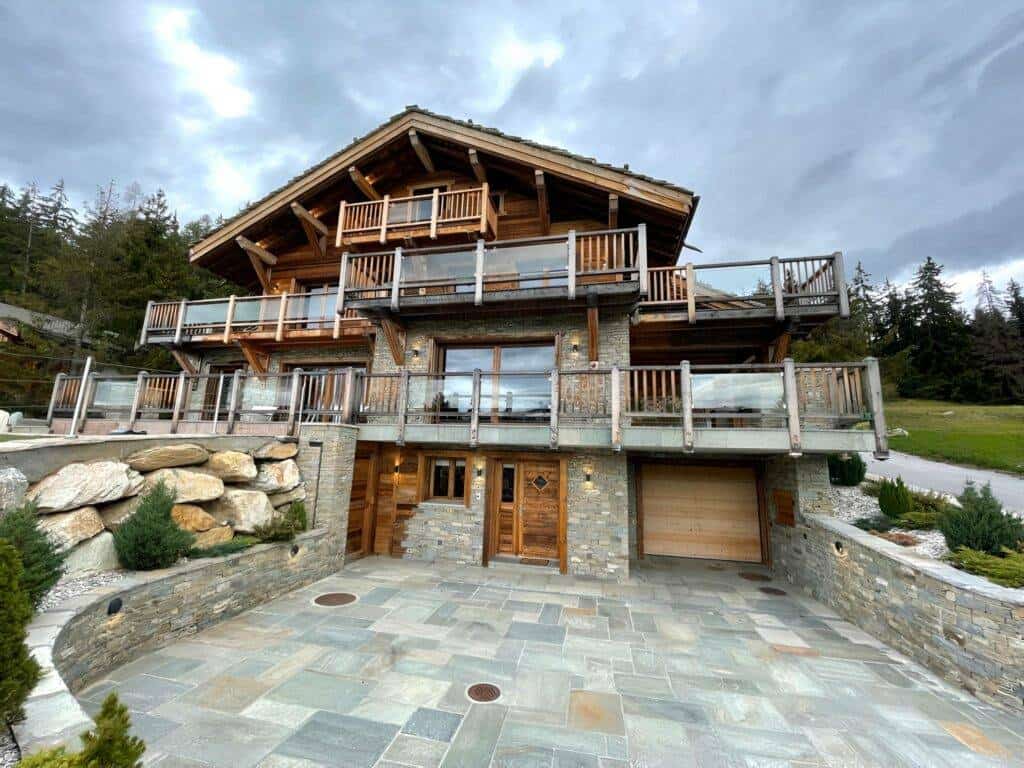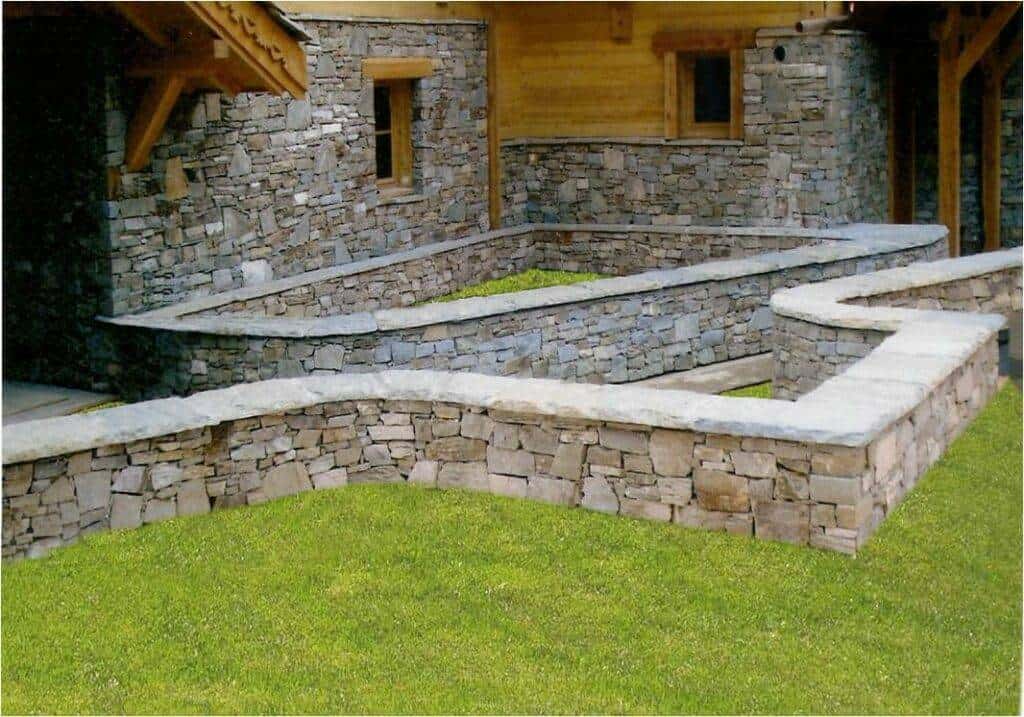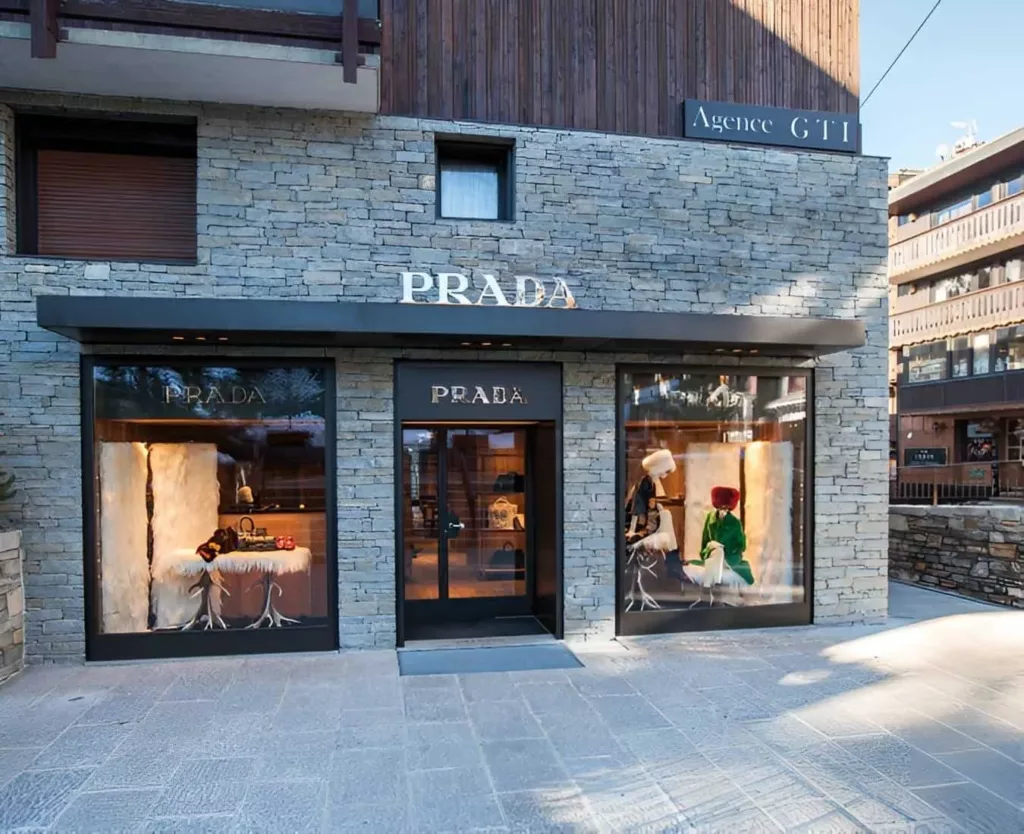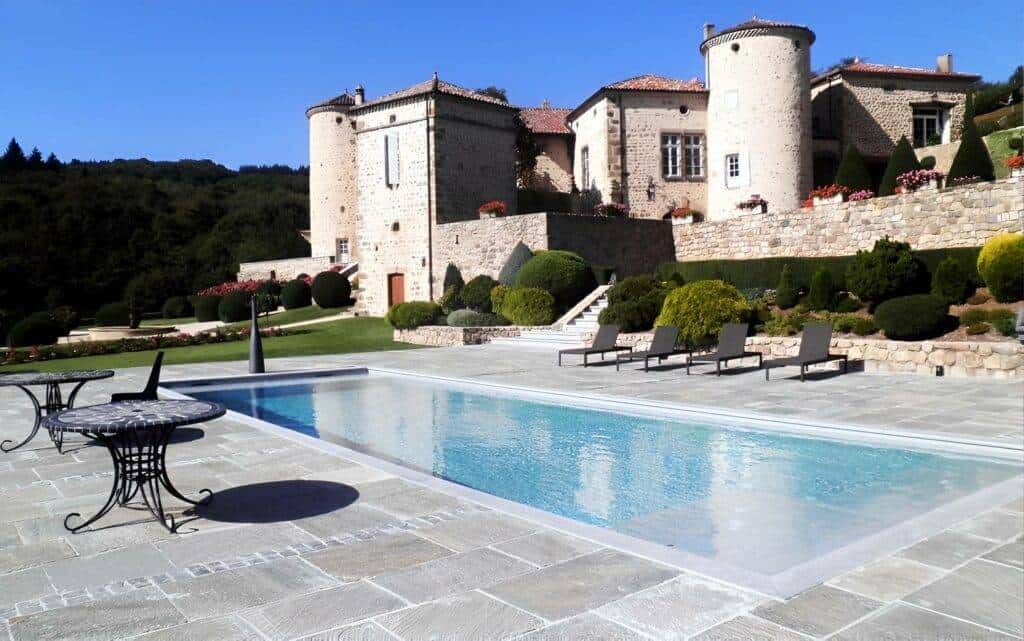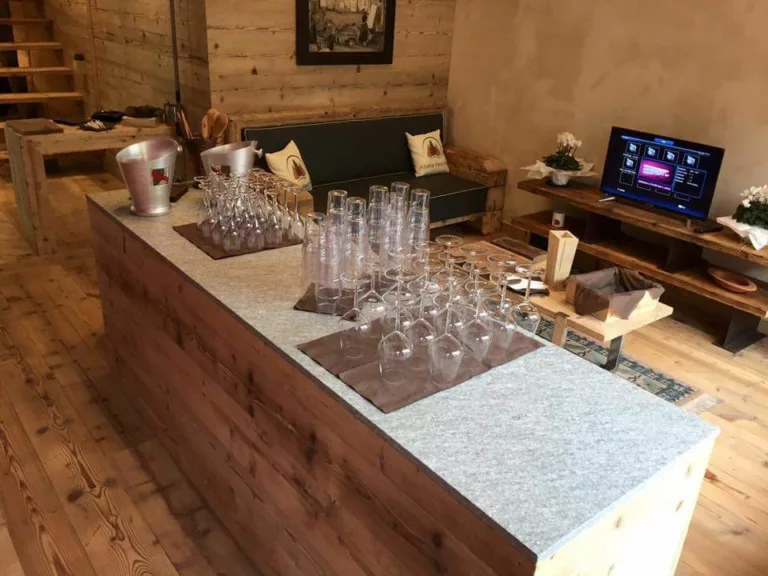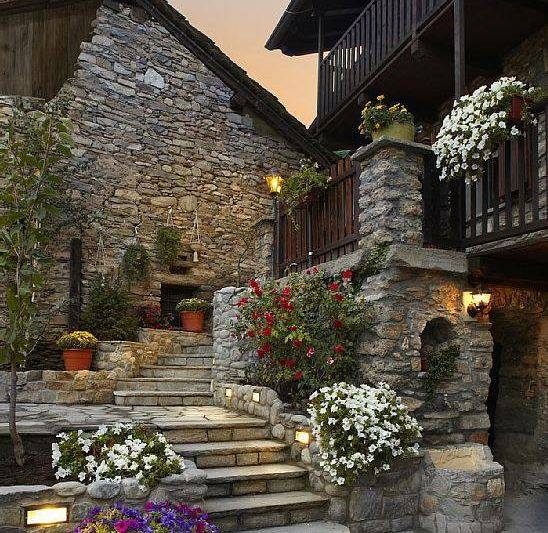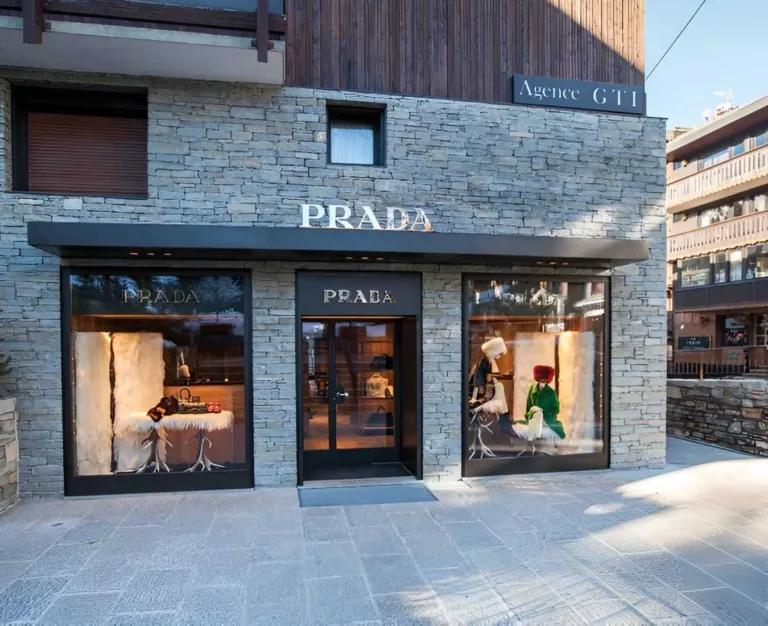Table of Contents
Common Issues with Alternative External Claddings
When designing a building façade, choosing the right material is crucial.
Many alternatives to stone cladding external systems suffer long-term drawbacks. Here are the most common issues:
Plaster: As an alternative to stone cladding external, plaster can crack from thermal fluctuations or vibrations and requires frequent repairs.
It also offers little protection against moisture, risking infiltration and mold.
Wood: Wood cladding, though warm and inviting, demands constant care. It must be periodically treated against rain, sun, and pests. Without regular maintenance, it can warp, rot, or fade.
Artificial materials: Synthetic products and porcelain stoneware tiles mimic natural stone but have drawbacks.
Sunlight and UV rays can warp or fade them over time, poorly installed elements may detach, and finding identical replacements years later can be difficult.
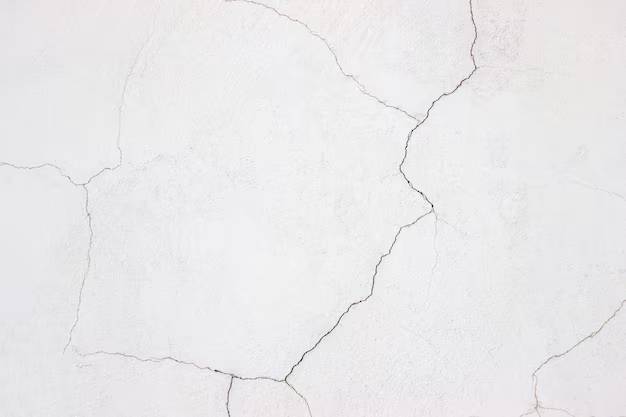
These issues highlight the limitations of conventional cladding materials. That’s why many designers seek more reliable and durable solutions for stone cladding external façades.
Luserna Stone: a Reliable and Sustainable Solution for Stone Cladding External
Luserna stone is a natural material that rises to these challenges with ease. As a premium choice for stone cladding external, it’s a metamorphic rock quarried in Piedmont and celebrated for its strength.
Used for centuries in Italian architecture, it has proven its reliability time and again. Historic landmarks (such as the Mole Antonelliana in Turin) still showcase Luserna elements intact after centuries of weather exposure.
From an environmental standpoint, being a fully natural material means its processing has a much lower impact compared to industrial alternatives. Its exceptional durability minimizes the need for frequent replacements, reducing waste and environmental footprint over the long term.
Aesthetic Benefits of Stone Cladding External
Beyond technical advantages, stone cladding external offers an unmatched aesthetic appeal.
Luserna stone imbues façades with an elegant, natural character that artificial products cannot replicate.
Each slab features unique veins and color variations, giving the surface personality and avoiding the flat appearance common to many industrial claddings.
Another advantage is its stylistic versatility. The neutral tones of this stone (gray, bluish, golden) pair easily with other materials like wood, glass, or steel.
This makes it suitable for both traditional settings and contemporary buildings, from rustic mountain chalets to minimalist modern villas.
Finally, natural stone improves over time. Rather than deteriorating, it develops a light patina that enhances its appeal without compromising strength.
Stone cladding external in Luserna ages gracefully, making the building appear ever more integrated into its landscape as the years go by.
Technical and Functional Benefits of Luserna Stone
On a technical and functional level, Luserna stone offers concrete advantages for stone cladding external applications compared to other materials:
Longevity: It withstands rain, frost, snow, and intense sunlight without damage or deformation. Even in extreme climates, it retains its properties intact.
Minimal maintenance: It requires no painting or special treatments. Occasional cleaning (just water and a brush) is enough to keep the façade in excellent condition.
Safety and stability: As a rock, it is fireproof. Its solidity protects the building from impacts and external agents.
International Applications
Luserna stone is employed in a wide range of projects both in Italy and abroad.
In alpine regions, many mountain chalets and refuges feature stone cladding external with Luserna stone to blend seamlessly into the landscape and withstand harsh climates.
Outside Italy, Luserna stone is highly prized. In Switzerland and France, it is specified for stone cladding external on ventilated façades and used in projects ranging from hotels and office buildings to luxury residences.
In the U.S., Luserna stone is regarded as a premium material for high-end façades. Its combination of elegance and durability makes it ideal for both historic restorations and new sustainable construction.
Conclusions: Stone Cladding External for Premium Projects
In conclusion, stone cladding external with Luserna stone is a top-tier solution combining architectural beauty and technical performance. It solves the typical issues of alternative materials, delivering façades that remain beautiful and unaltered over time.
Luserna stone is an option to consider for architects and construction firms seeking a reliable, high-quality material.
Contact us to learn more or request a personalized quote. We’ll help you elevate your project with the strength and elegance of natural stone.
Articles that might interest you
Stone Texture: All Luserna Stone Finish Ultimate Guide 2025
Explore every stone texture of Luserna stone—polished, flamed, brushed, honed and natural. Which finish best suits your project? Find out in our final guide.
Installing Luserna Stone: A Comprehensive Guide for Floors, Cladding, Stairs, and Facades
Installing Luserna Stone: a comprehensive guide with step-by-step instructions, tool recommendations, and proven methods for a stable, long-lasting, and elegant result.
Stone Cladding External Walls Built to Last in Luserna Stone
Choose Luserna for stone cladding external walls that are elegant, durable and strong—enhancing façades, improving insulation and boosting your property value.
